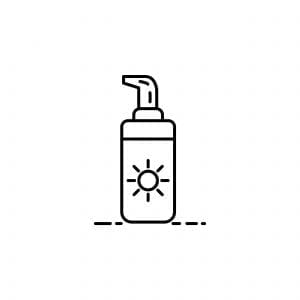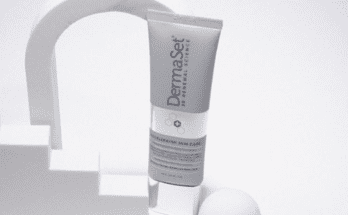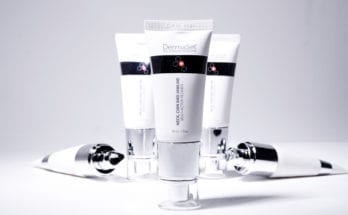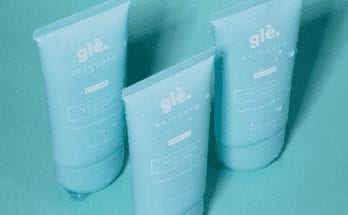 The first thing that comes to mind while buying your sunscreen product is what kind of SPF protection it offers, but the question is, is that the only thing that needs to be considered while buying a sunscreen?
The first thing that comes to mind while buying your sunscreen product is what kind of SPF protection it offers, but the question is, is that the only thing that needs to be considered while buying a sunscreen?
Sunscreens protect our skin from harmful UV rays coming from the sun that can potentially sunburns and rashes to the least. Ideally, anything with SPF-30 and above is recommended for use, but at the same time it is very important to read the label on your sunscreen to know that what all active and in-active ingredients form part of it and whether or not it’s water resistant and if its broad spectrum or not. Look out for these five things before you decide to buy yourself a bottle of sunscreen and spend a nice day at the beach with your skin exposed to the sun for longer duration of time.
1. Date of Manufacture and Expiration
Generally, we tend to ignore date of manufacturing and expiry when it comes to skin products, but when it comes to sunscreens, the ingredients tend to have a very short shelf life. Hence, the fresher the sunscreen, the better it is at giving you the required protection. Special emphasis should be given to the expiry date because if your sunscreen is expired, it should not be used as it can cause severe skin damage.
2. Good Branded Sunscreen
It is always better to buy products from brands that are FDA certified or use ingredients approved by the FDA both active and inactive. Cheap alternatives often don’t have real ingredients and end up causing long term damage.
3. Read the Label for Petrochemicals
Read the label for ingredients to ensure no chemicals such as oxybenzone are used in the sunscreen which might cause any type of side effect or reaction, especially for those who have sensitive skin. Another ingredient to watch out for is Vitamin A, creams that have retinyl palmitate or retinol should be avoided as different studies show that skin laced with Vitamin A is more likely to develop tumor and lesions.
4. SPF-30 or Higher
SPF range mentioned on the sunscreen should always be checked. Anything with SPF-30 is considered as decent protection, but depending upon weather conditions and severity of UV rays, the higher SPF range, the better protection you will get. SPF range should always be considered keeping in view the type of skin you have and how long will you be out in the sun.
5. No Insect Repellent
If you need protection from bugs and other insects, always go for a separate bug repellent than buying a sunscreen that offers protection from insects as it might contain chemical ingredients that can cause severe allergic reactions.



